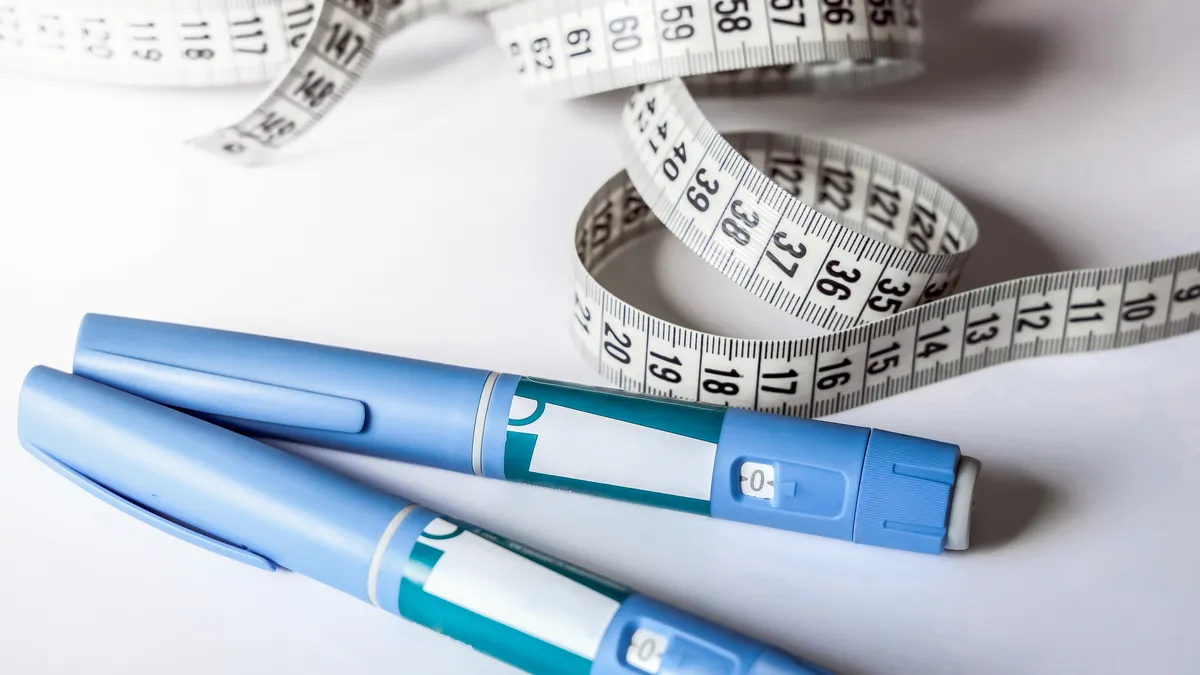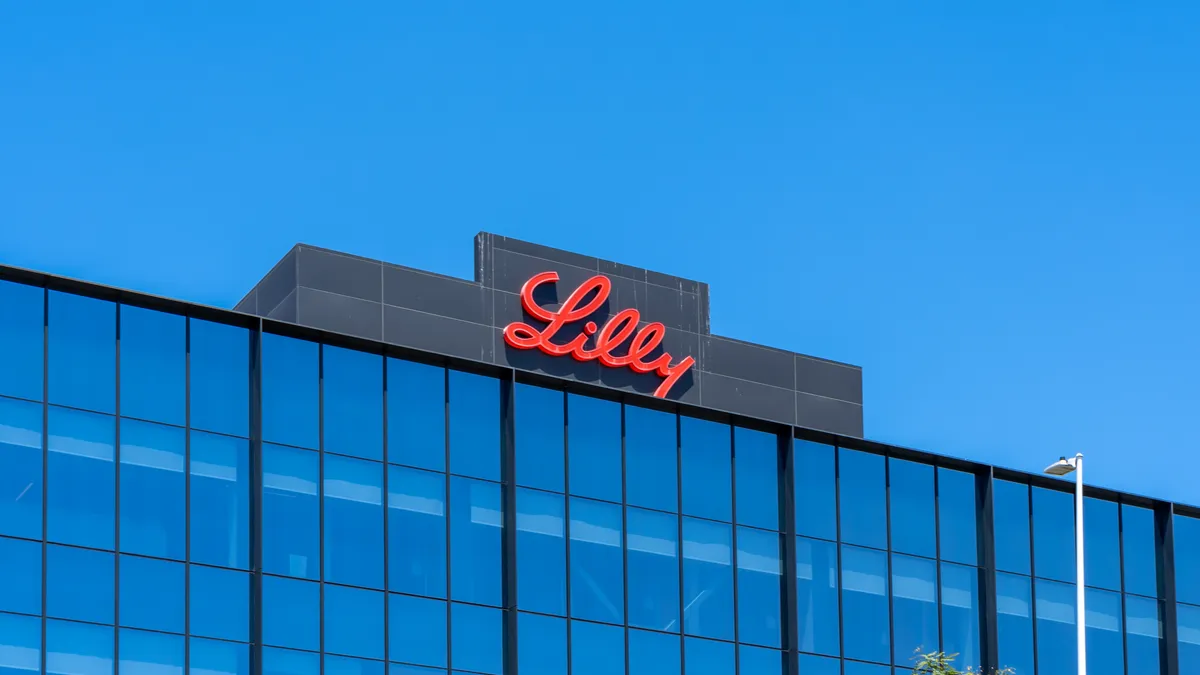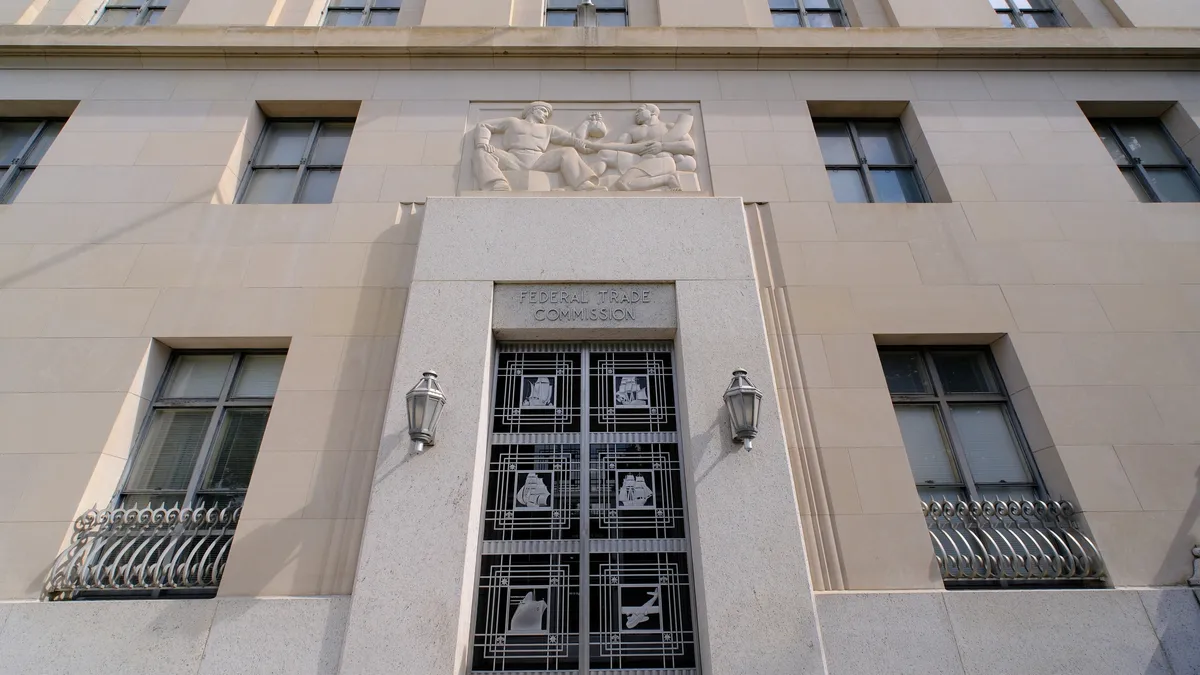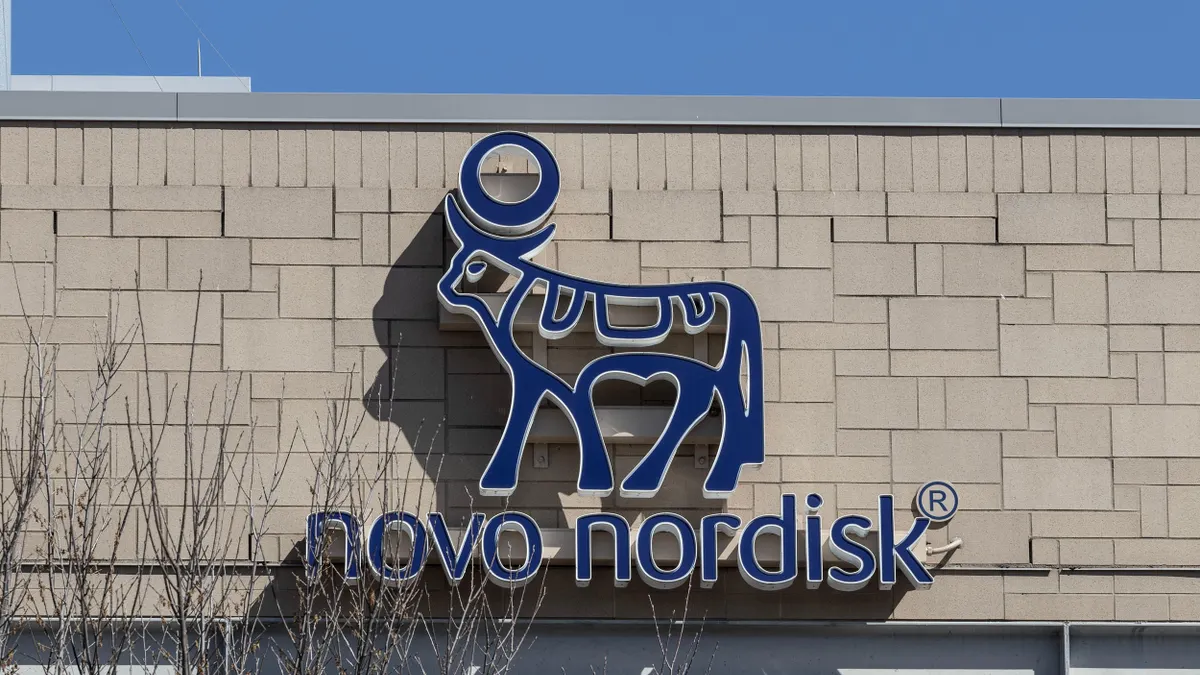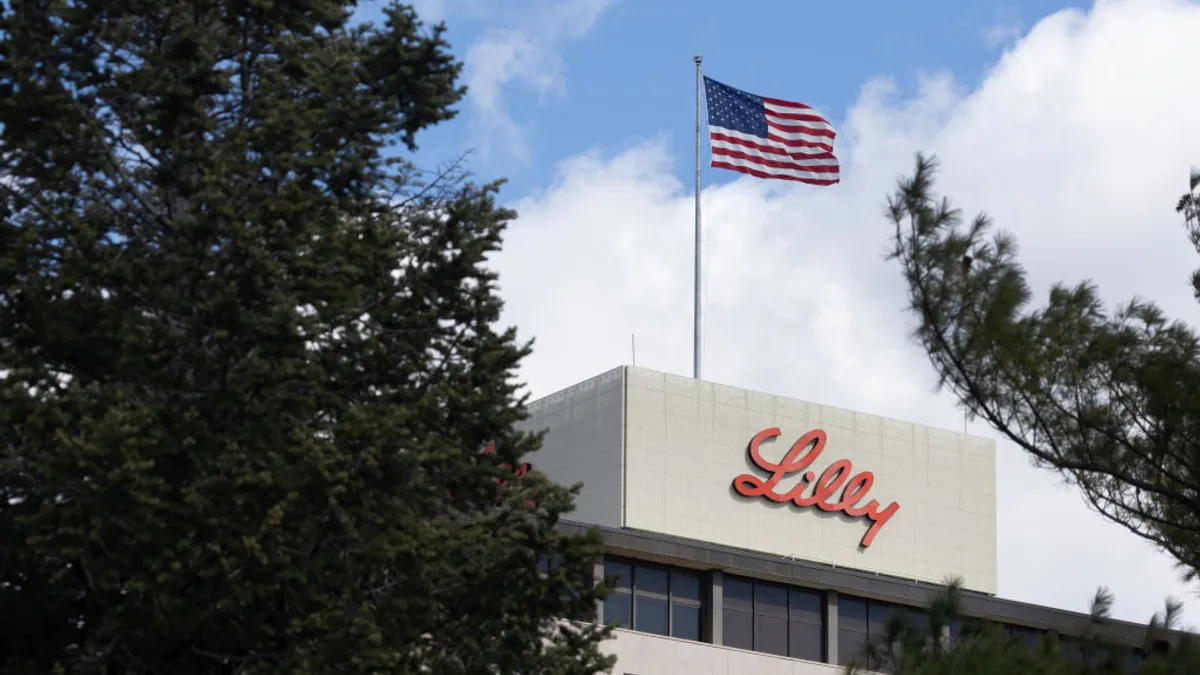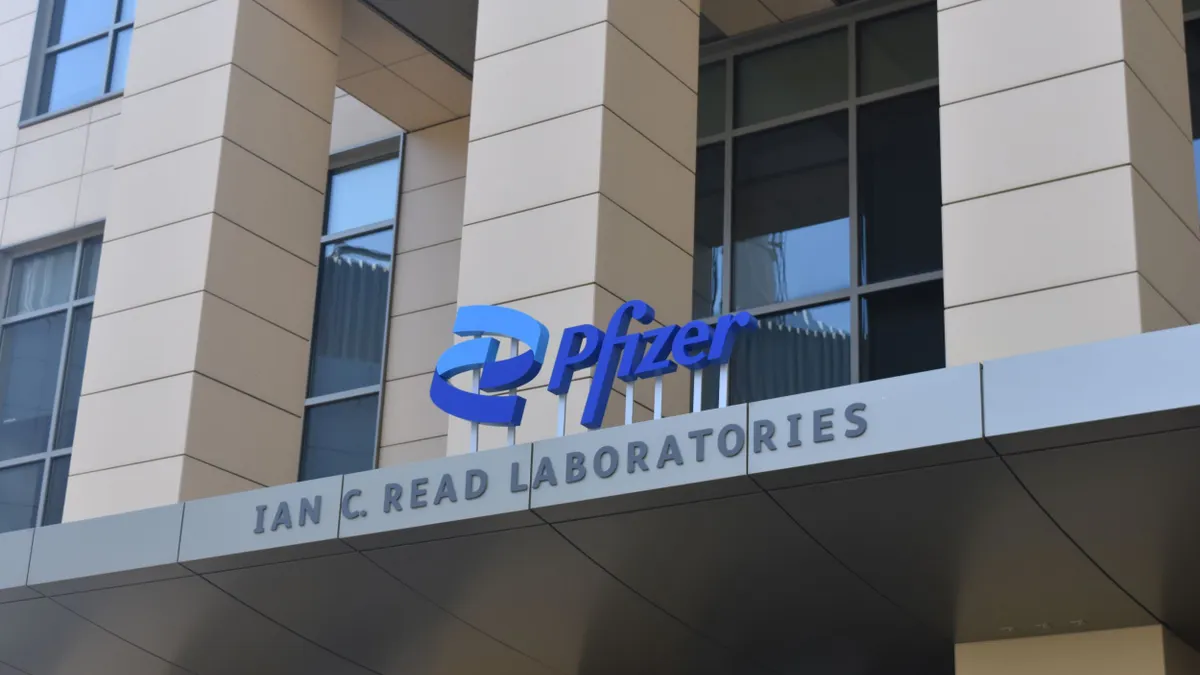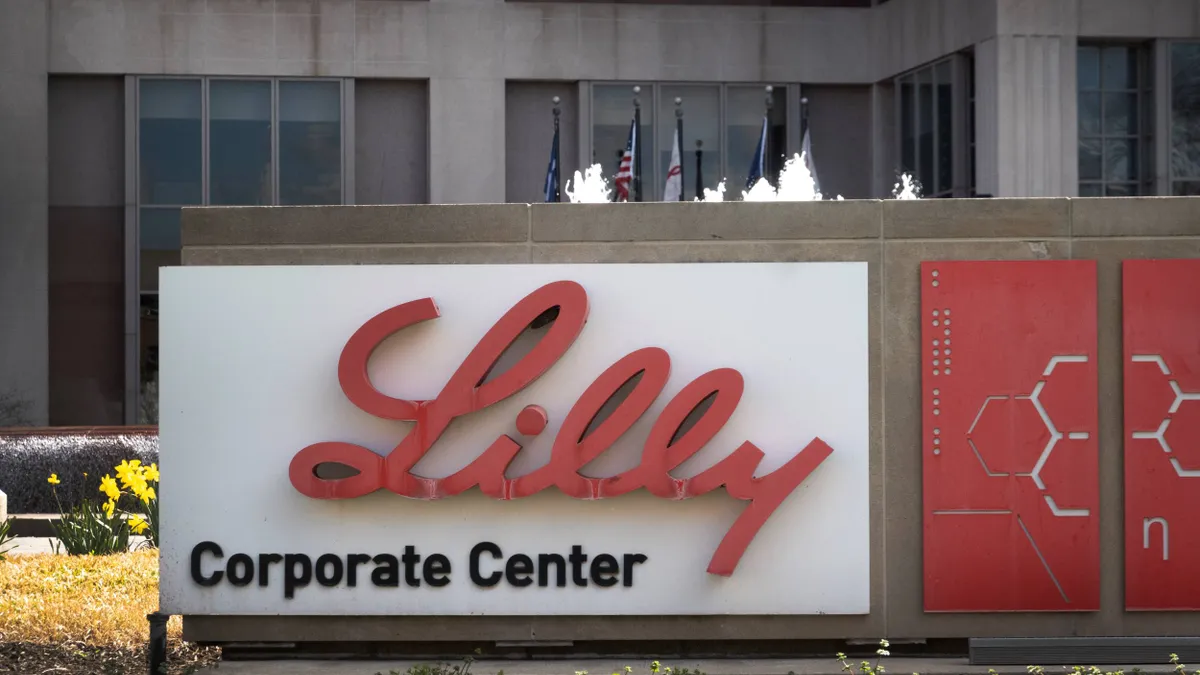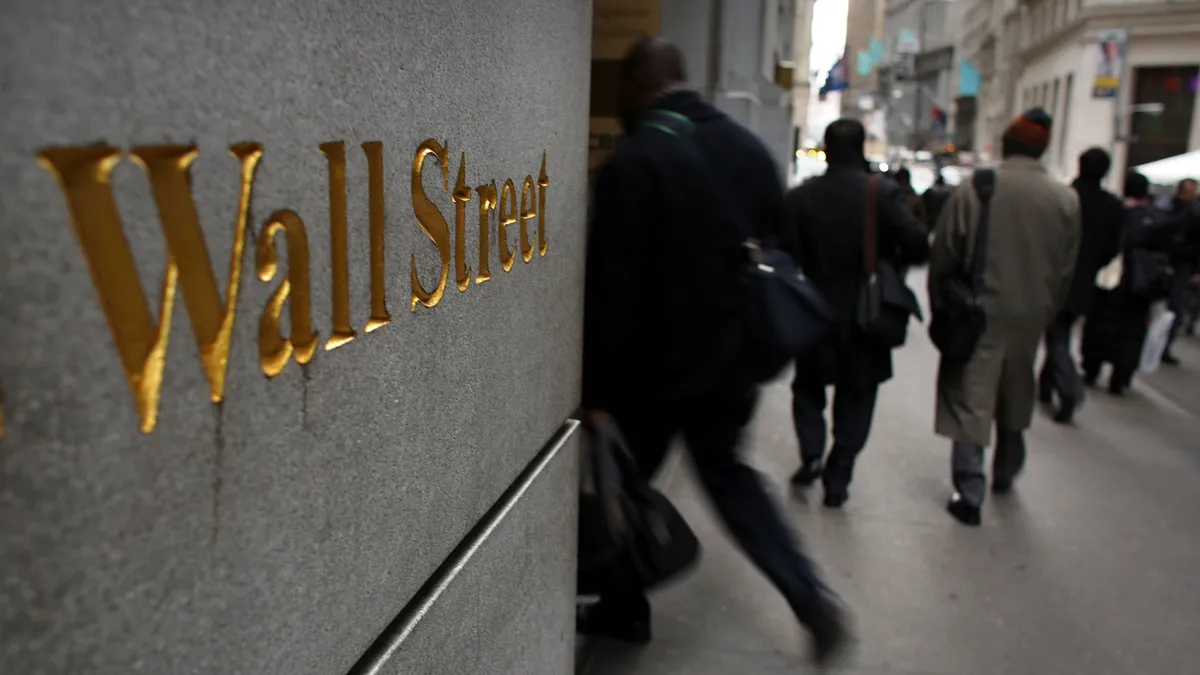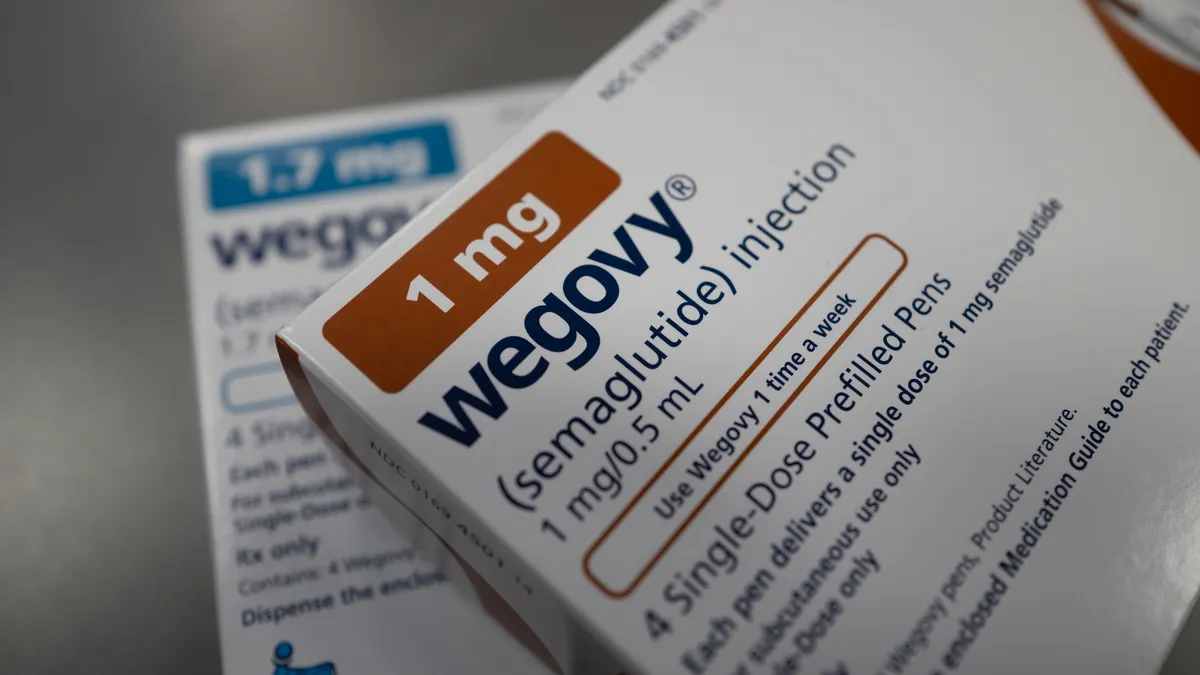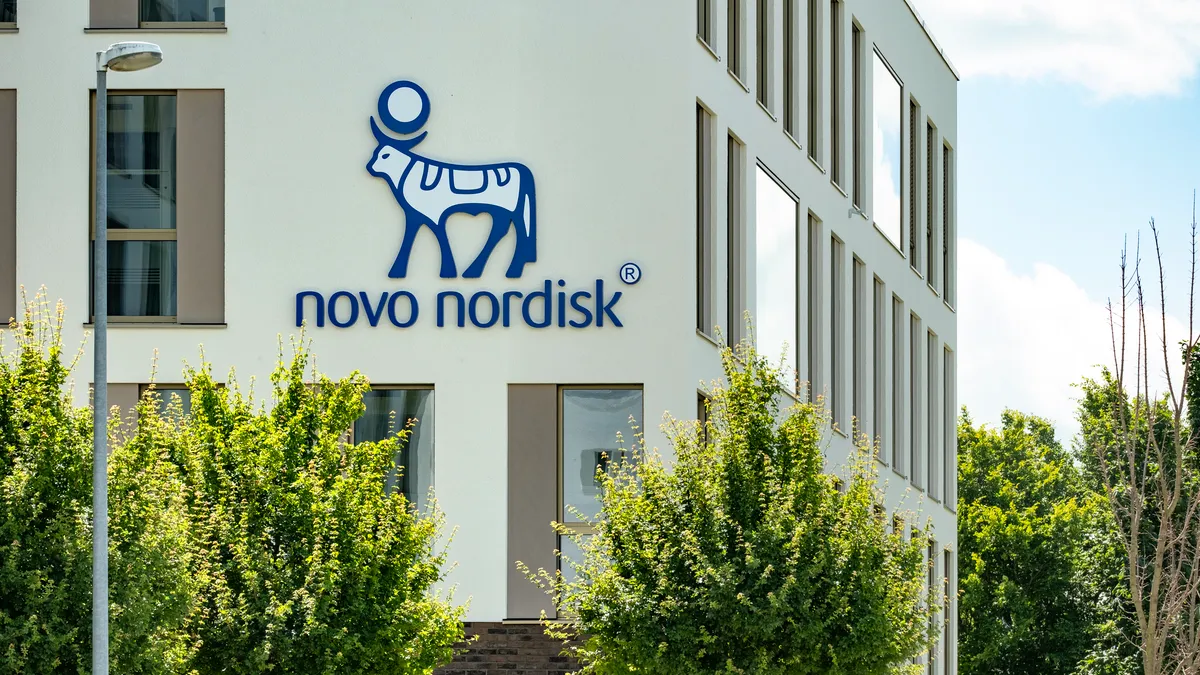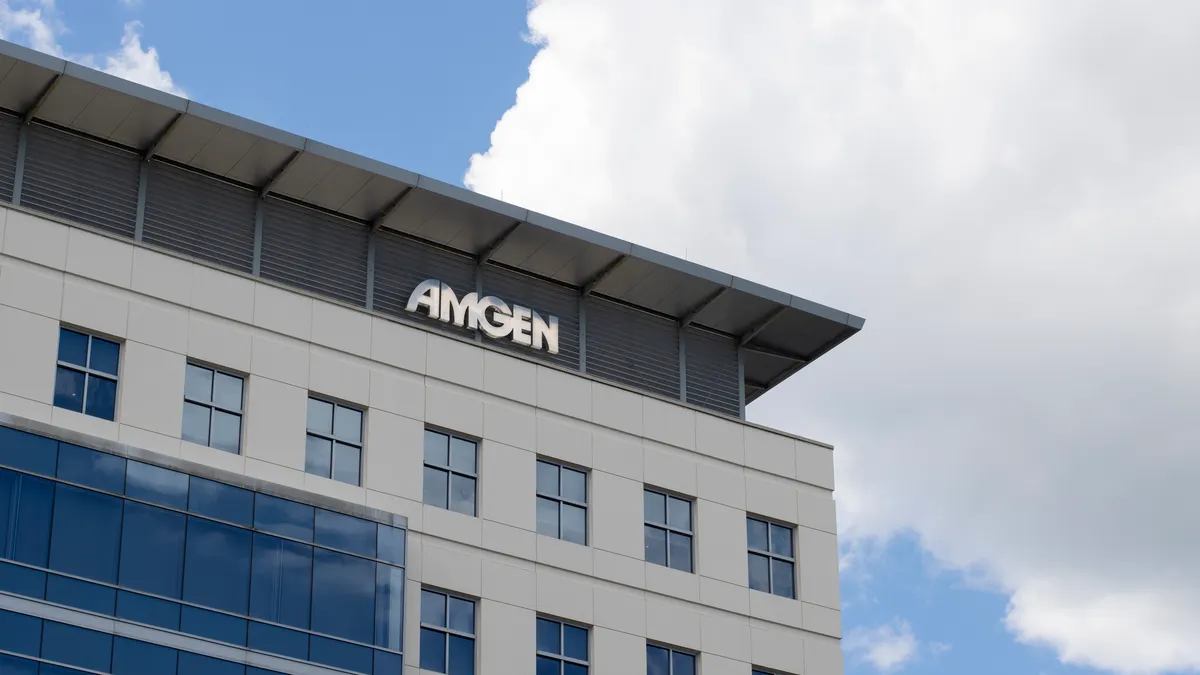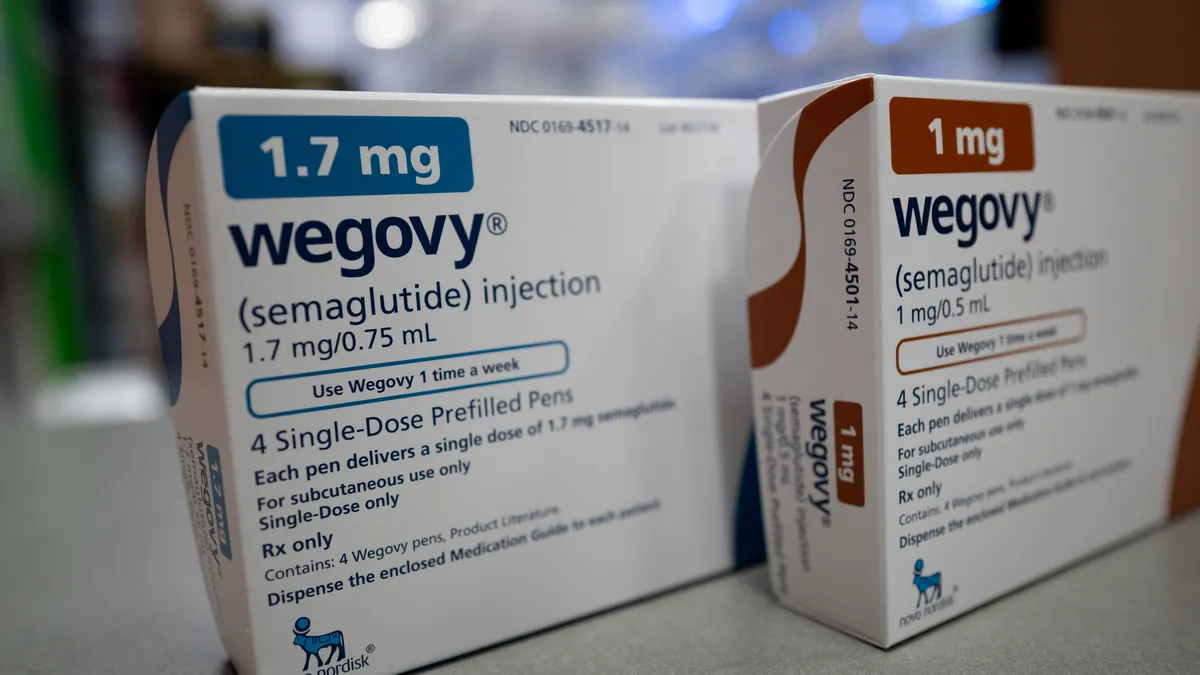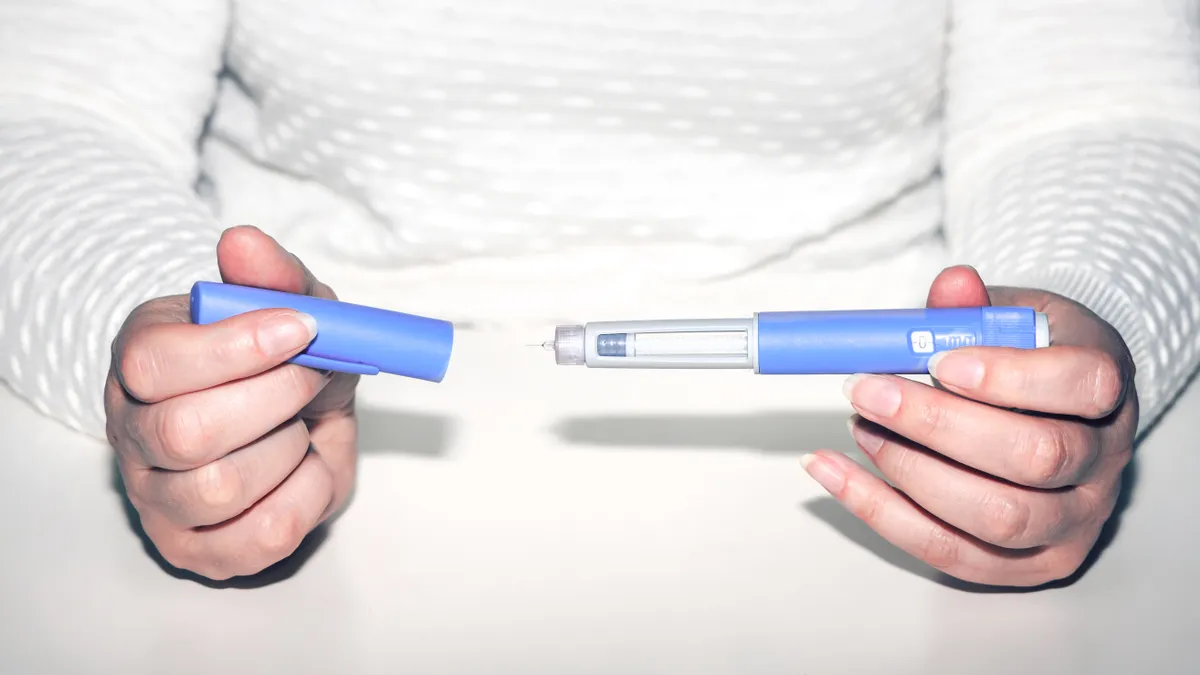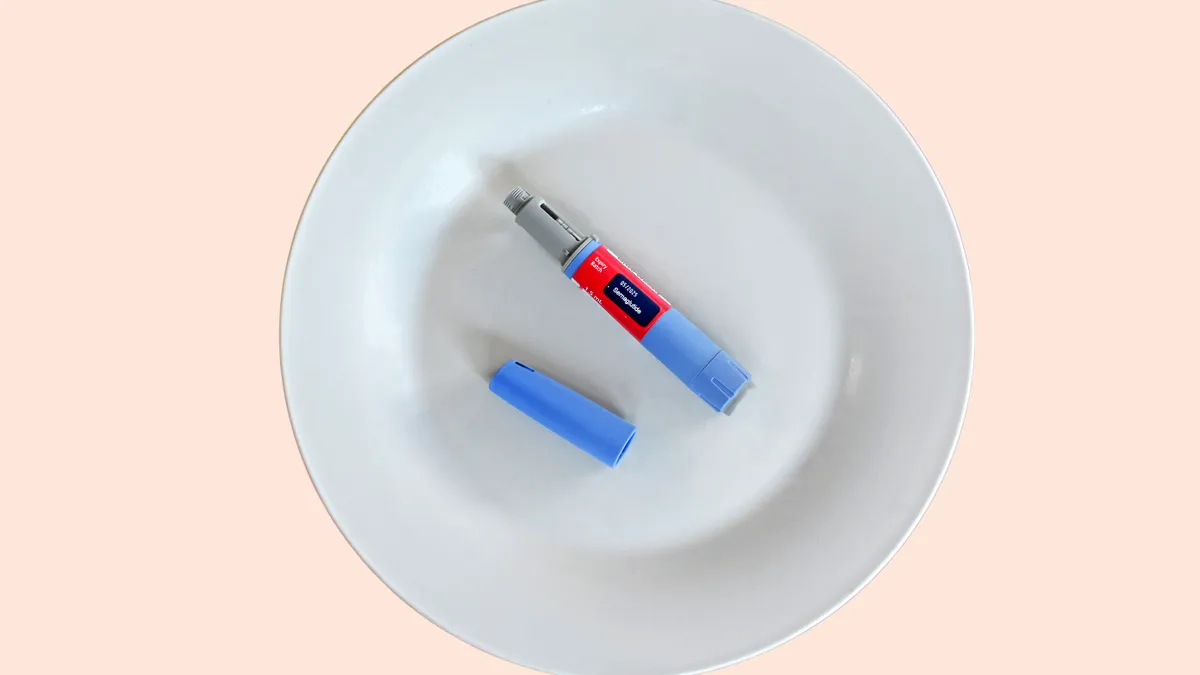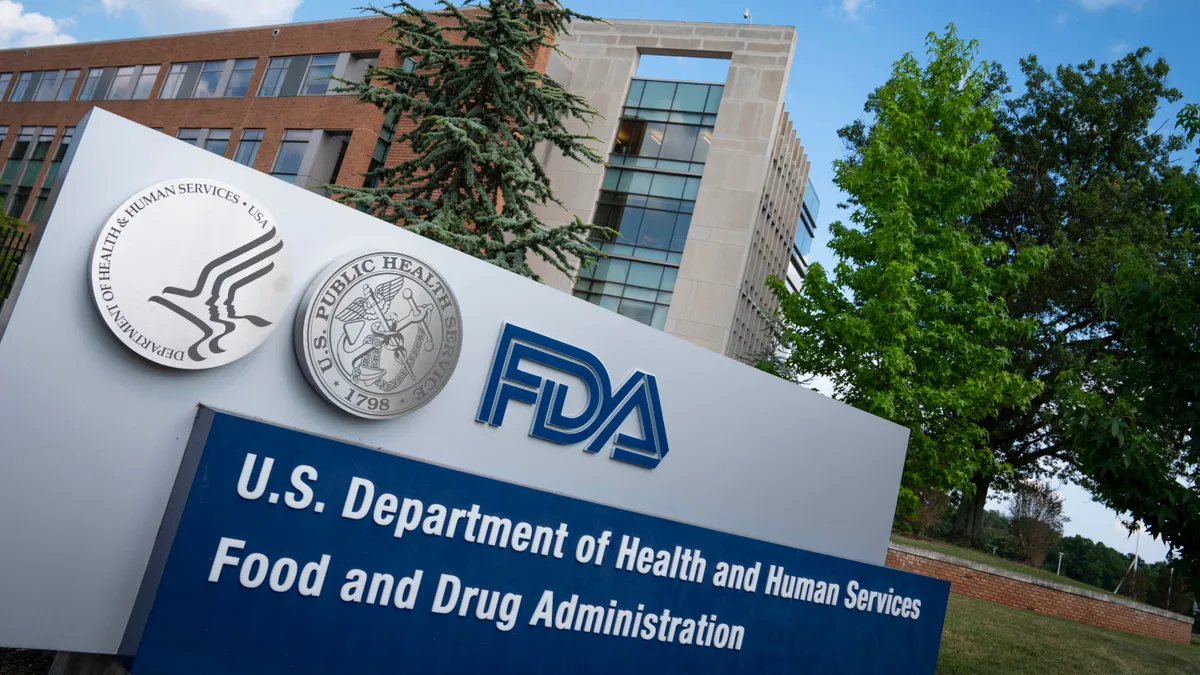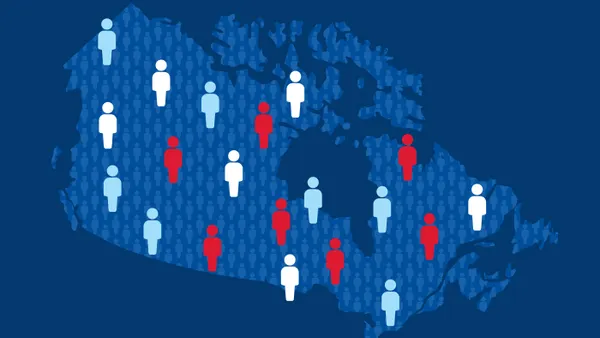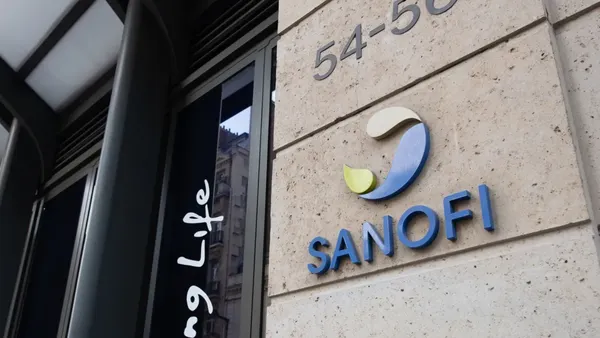Dive Brief:
- Tirzepatide, sold as Zepbound for obesity and Mounjaro for diabetes, became the world’s best-selling drug in the third quarter, helping spur Eli Lilly to raise its full-year forecasts.
- Zepbound and Mounjaro brought in a combined $10.1 billion in the period, up from $4.37 billion in the third quarter of last year, Lilly said Thursday. The franchise topped the previous best seller, Merck & Co.’s cancer drug Keytruda, which raked in $8.1 billion in the third quarter.
- Overall third-quarter revenue at Lilly beat analyst expectations by 9%, while earnings per share were 19% higher than consensus, according to Leerink Partners. Lilly said it now expects full-year revenue of between $63 billion and $63.5 billion, up from a previous estimate of $60 billion to $62 billion. Earnings per share will likely reach $21.80 to $22.50, up from $20.85 to $22.10, Lilly said.
Dive Insight:
Lilly is working to shore up its leadership position in a market that analysts expect will top $100 billion next decade. Previously best known as the maker of Prozac and the first widely available insulin for diabetics, the company’s fortunes are now closely tied to the widely popular GLP-1 medicines.
Shares of the Indianapolis-based company are little changed over the past 12 months, as good news about Zepbound and Mounjaro has been drowned out at times by sales that fell short of high analyst expectations and mixed investor sentiment on an experimental obesity pill. Both Lilly and rival Novo Nordisk have also lost revenue to compounders that snuck into the market during manufacturing shortfalls.
But Lilly has worked to set its franchise apart, showing that Zepbound could beat Novo’s Wegovy in a head-to-head weight loss study and even undertaking research to compare its experimental obesity pill with an as-yet unapproved oral version of the Novo drug. Lilly is also trying to avoid the production problems that plagued its injectable GLP-1 drugs by investing heavily before the pill wins approval.
At the same time, the company is addressing the high cost of its medicines and the challenge posed by a deal Novo struck with CVS to get its Wegovy preferred formulary access by offering self-paying customers new options through an online service. And just this week, Lilly announced a deal with Walmart that will allow that store’s customers to access discounted drugs by mid-November.
Novo, meanwhile, has had its share of struggles. The company announced layoffs in September and is facing a push by its largest shareholder to replace more than half of the board. Meanwhile, Novo is in a battle to acquire the obesity drug developer Metsera, offering as much as $9 billion to counter a competing bid from Pfizer. The Danish drugmaker is due to report its third-quarter results on Nov. 5.


